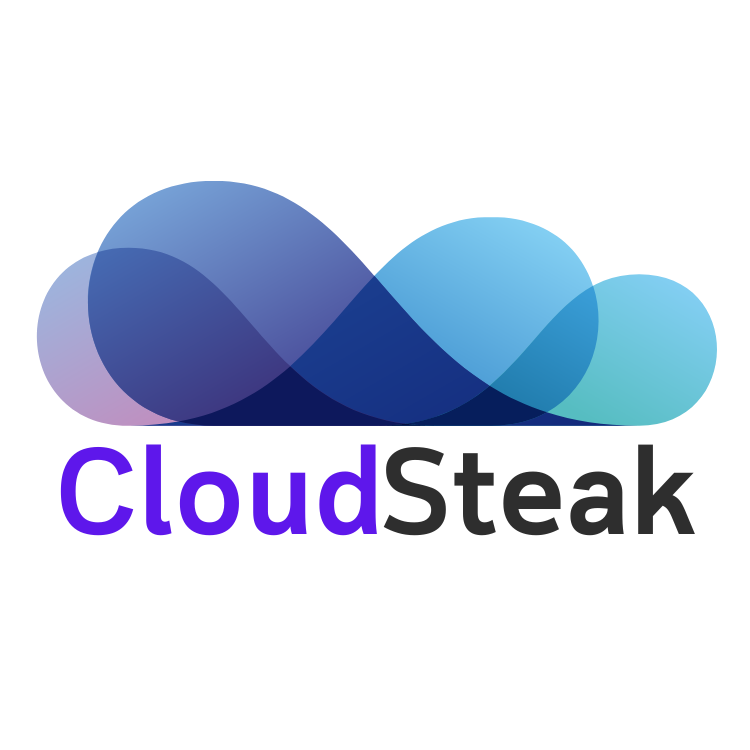Welcome to above the clouds

GCP – 2020: The year in databases at Google Cloud
2020 was a year unlike any other, and all its unexpectedness brought foundational enterprise technology into the spotlight. Businesses needed their databases to be reliable, scalable, and consistently well-performing. As a result, migration plans accelerated, rigid licensing fell further out of favor, and transformative application development sped up. This was clear even in 2019, when […]

GCP – 2020 review: How serverless solutions helped customers thrive in uncertainty
What a year it has been. 2020 challenged even the most adaptive enterprises, upending their best laid plans. Yet, so many Google Cloud customers turned uncertainty into opportunity. They leaned into our serverless solutions to innovate rapidly, in many cases introducing brand new products, and delivering new features to respond to market demands. We were […]

AWS – Introducing Video on Demand on AWS v5.2
The Video on Demand on AWS solution cost-effectively delivers video-on-demand (VOD) content to global audiences using the AWS Cloud. It provisions the AWS services required to build scalable, distributed VOD processing, and delivery workflows and provides several features including: Amazon Step Functions orchestration of the ingest, transcoding (including pre-and post-processing steps), and publishing steps of […]

AWS – Customer Owned IP generally available for Amazon RDS on Outposts
Customer owned IP (CoIP) addresses are now available for use with Amazon Relational Database Service (Amazon RDS) on AWS Outposts. CoIP allows you to assign addresses from your local network to services running on your AWS Outposts. Support for COIP makes it easier to access your Amazon RDS databases from your local network using your […]

AWS – Introducing FHIR Works on AWS
FHIR Works on AWS is a new AWS Solutions Implementation with an open source software toolkit that can be used to create a Fast Healthcare Interoperability Resources (FHIR) interface over existing healthcare applications and data. It uses a serverless implementation to provide FHIR APIs that support the majority of FHIR resource types and operations. FHIR […]

AWS – FreeRTOS now supports over-the-air update (OTA) for multiple file types
FreeRTOS now supports the ability to update multiple file types in an over-the-air (OTA) update operation. With this feature, FreeRTOS users can classify different types of files (e.g. firmware, certificate, general image) while creating an OTA update job. This enables a FreeRTOS device to identify the category of an incoming update and use it for […]

AWS – Amazon GameLift Updates Server SDK Supporting Unity 2020 and Unreal 4.25
Just in time for the holidays, we are excited to announce the update to Amazon GameLift Server SDK Version 4.0.2. An AWS managed service, GameLift enables developers to deploy, operate, and scale dedicated servers in the cloud for multiplayer games. Game developers, such as Ubisoft, Behavior and GungHo, expect to be able to use the […]

AWS – Amazon QuickSight enhances dashboard performance with Dynamic Querying and other dataset optimizations
Amazon QuickSight adds dashboard performance improvements and query cost optimization through Dynamic Querying, along with introducing advanced data preparation capabilities. Read More for the details.

AWS – Introducing process check rules with AWS Config conformance packs
AWS Config conformance packs now enable the inclusion of process checks rules, in addition to AWS Config managed rules, custom rules and remediation actions. Process check rules help you track resource-agnostic tasks as part of different compliance frameworks and operational best practices. You can add process check rules to new and existing conformance pack templates […]

AWS – Updated AWS IoT Device Tester for FreeRTOS and AWS IoT Device Tester for AWS IoT Greengrass are now available
AWS IoT Device Tester for FreeRTOS now supports FreeRTOS 202012.00 release which can be used to validate and qualify development boards using the latest FreeRTOS. The updated AWS IoT Device Tester for FreeRTOS also supports qualification of development boards with cellular connectivity modules. AWS IoT Device Tester for AWS IoT Greengrass now supports AWS IoT […]
